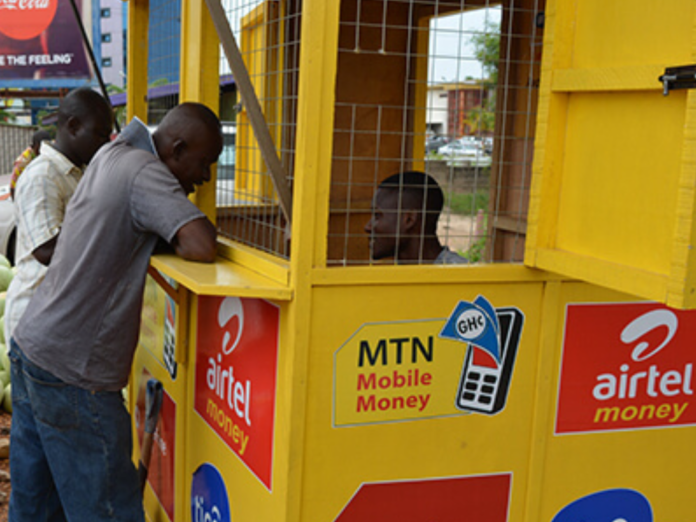
The Institute of Statistics, Social, and Economic Research has indicated that the new restriction on mobile money (MOMO) transactions could derail the digitization of micro, small, and medium-sized enterprises and progress in the cash-lite economy.
In a press statement copied to the Ghana News Agency, the Institute acknowledged that the proposed rate would have a minimal impact on small-value transactions.
However, ISSER noted that the move would adversely impact micro, small, and medium enterprises that rely on MoMo for their financial transactions.
“Worthy of attention is the potential impact on micro and small enterprises, especially traders and farmers within the agricultural value chains concentrated in rural areas. For these segments, especially traders and transporters of foodstuffs who rely on MoMo to address security concerns with carrying cash across the country, an increase in cost is likely to be transferred to consumers,” the statement said.
The Institute of Statistics, Social, and Economic Research has indicated that the new restriction on mobile money (MOMO) transactions could derail the digitization of micro, small, and medium-sized enterprises and progress in the cash-lite economy.
In a press statement copied to the Ghana News Agency, the Institute acknowledged that the proposed rate would have a minimal impact on small-value transactions.
However, ISSER noted that the move would adversely impact micro, small, and medium enterprises that rely on MoMo for their financial transactions.
“Worthy of attention is the potential impact on micro and small enterprises, especially traders and farmers within the agricultural value chains concentrated in rural areas. For these segments, especially traders and transporters of foodstuffs who rely on MoMo to address security concerns with carrying cash across the country, an increase in cost is likely to be transferred to consumers,” the statement said.







